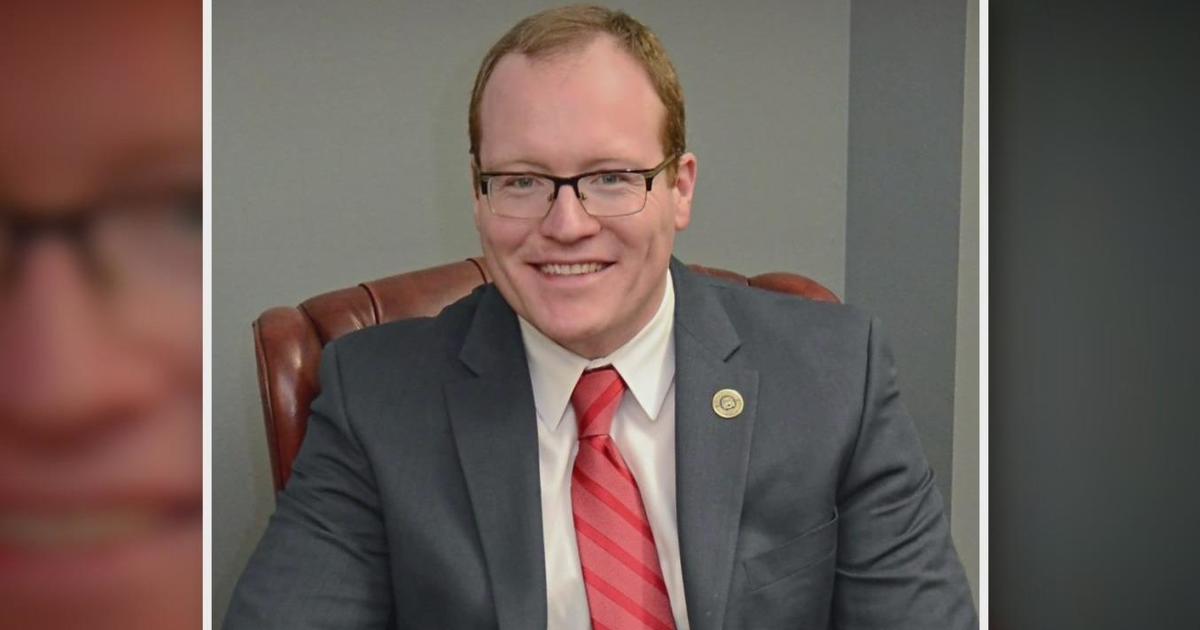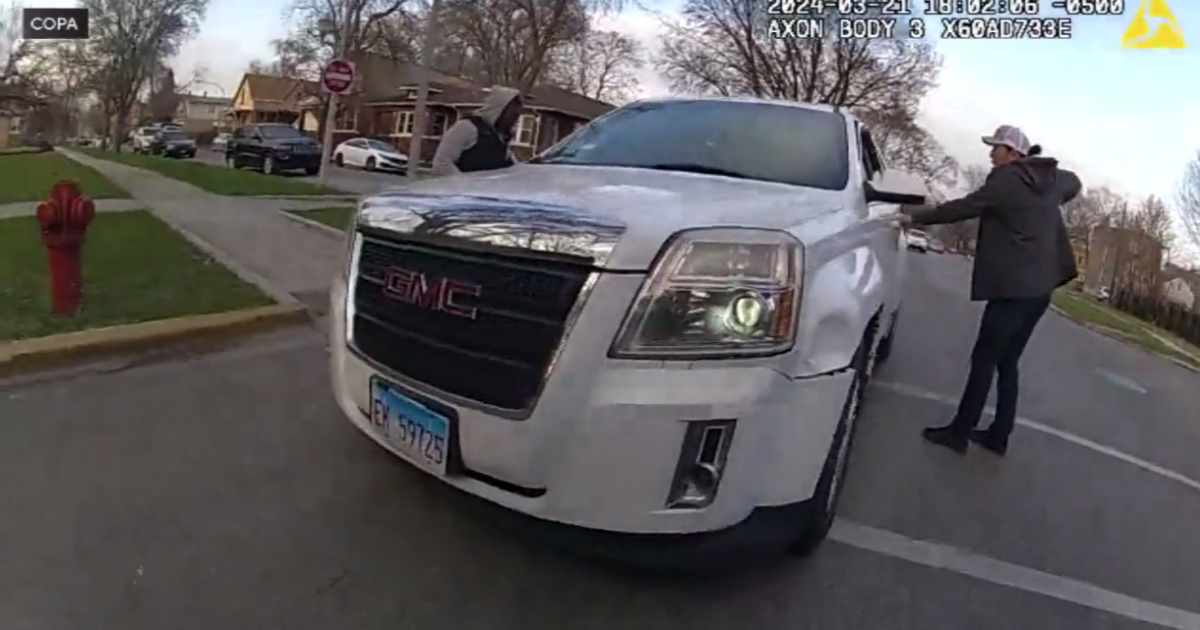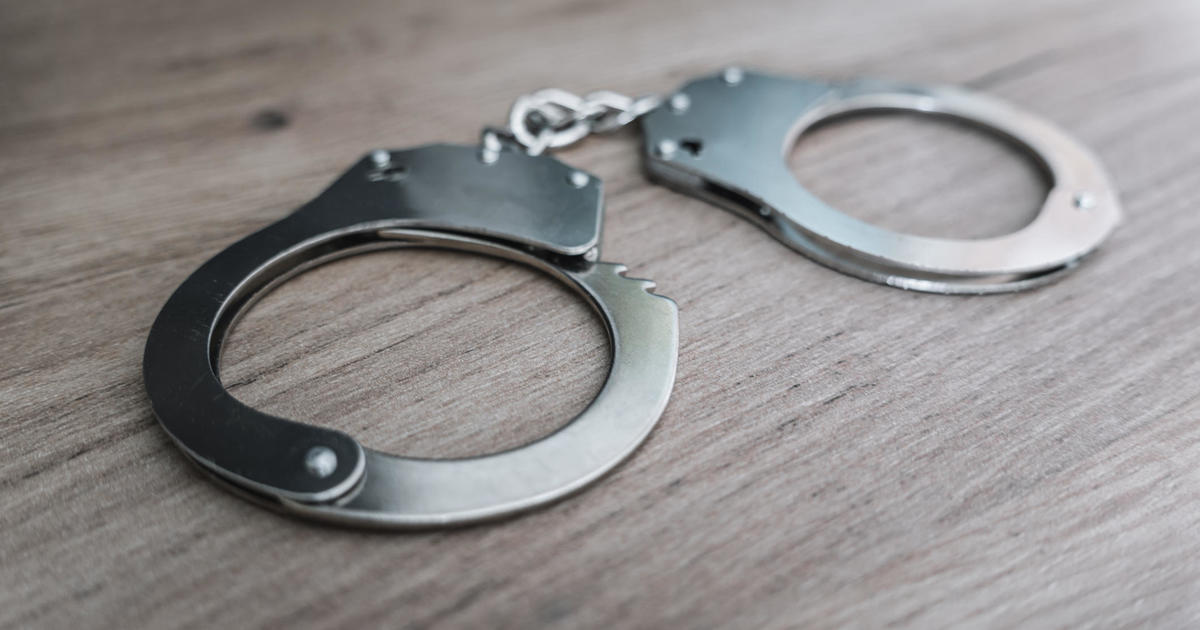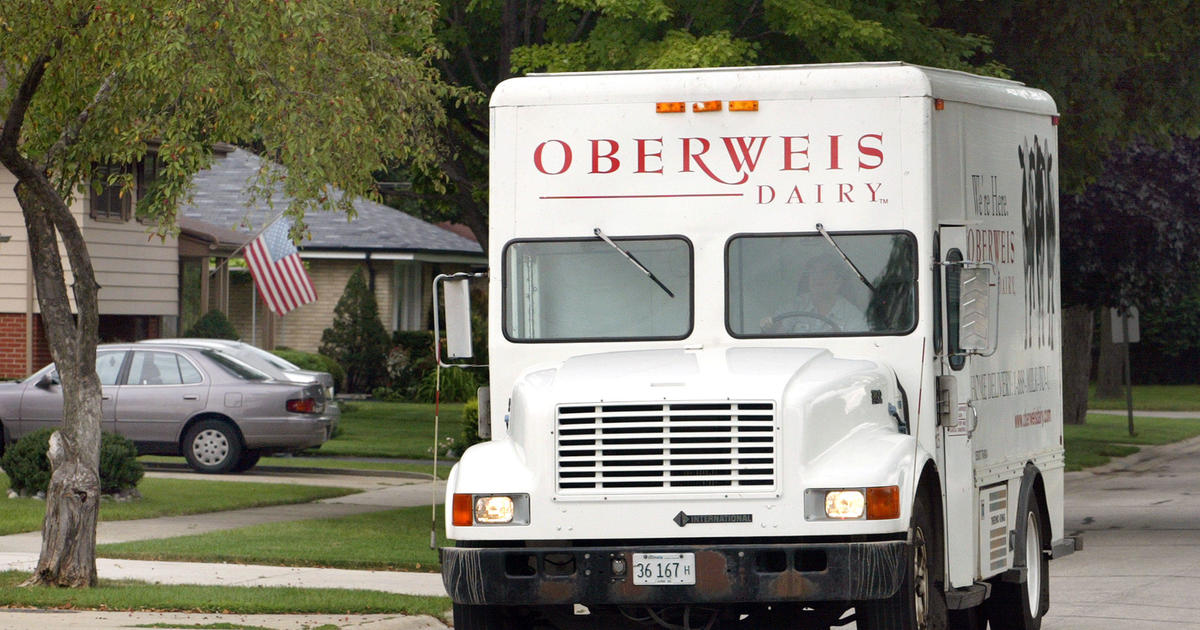Kyle Rittenhouse Defense Attorney Says Waiting 3 ½ Days For Verdict 'Was Torture,' But Thanks Jury For Acquittal
RACINE, WIS. (CBS) -- After Kyle Rittenhouse was acquitted of all charges in the August 2020 shootings in Kenosha that left two men dead and another wounded, defense attorney Mark Richards said the teen "wants to get on with his life" and "has a huge sense of relief for what the jury did to him."
Rittenhouse, 18, broke down crying, and nearly collapsed, his legs shaking, as a court clerk announced he'd been found guilty of five felony counts in the shooting deaths of Joseph Rosenbaum and Anthony Huber, and the wounding of Gaige Grosskreutz, during widespread civil unrest in Kenosha last summer after a white Kenosha police officer shot a Black man, Jacob Blake.
Rittenhouse had faced five counts, including charges of first-degree reckless homicide, first-degree reckless endangerment, first-degree intentional homicide, and attempted first-degree attempted homicide. He faced up to life in prison had he been convicted.
"We're very happy with the verdict. We're happy that the jury took the time to put in an incredible amount of effort. There were times we doubted the case, there were times that we were confident, and to say that we were relieved would be a gross mis-understatement," Richard said.
CBS 2's Tara Molina reports a family spokesperson said Rittenhouse himself plans to speak publicly soon, but it's not clear if that will be on Friday. CBS 2 is told he is with his family in a "secure location" right now.
"He wants to get on with his life. He has a huge sense of relief for what the jury did to him today. He wishes none of this would have ever happened, but as he said when he testified, he did not start this, and we're thankful in more ways than one that the jury finally got to hear the true story," Richards said.
Richards also suggested Rittenhouse and his family likely would move away from Wisconsin now that the trial is over, saying he believes it's too dangerous for them to stay in the area given the case has become a major focus of the debate over guns, self-defense, and racial injustice across the country.
"He has to get on with his life the best he can. I think eventually some anonymity will come back to it. I don't think he'll continue to life in this area. I think it's too dangerous," he said. "To me, it's scary how many death threats we've had."
Asked if there was a key moment in the case that he believed served as a turning point for his client, Richards said it was when Rittenhouse fired the two original attorneys on the case.
"They wanted to use Kyle for a cause, and something that I think was in appropriate," Richards said. "I don't represent clauses, I represent clients, and the only thing that ended up mattering to me was whether he was found not guilty or not."
Richards said he believes Rittenhouse also wanted to focus only on getting a not guilty verdict, not on using the case as a test case for Second Amendment and self-defense rights.
"I told him when I first met him, when he was in custody, that if he was looking for somebody to go off on a crusade, I wasn't his lawyer," Richards said.
Jurors deliberated more than 26 hours over four days before reaching a verdict, and Richards said "it was torture" waiting that long to find out if Rittenhouse would be acquitted or not.
"I never predict how long a jury's going to be out, but it was the longest jury deliberation I've ever been a part of," he said.
As the defense team did throughout the trial, Richards said Rittenhouse was acting in self-defense when he shot Rosenbaum, Huber, and Grosskreutz, and he blasted prosecutors for suggesting Rittenhouse had no business being in Kenosha, armed with an AR-15 style rifle, during the protests last summer.
"He had as much business being there as any of the demonstrators or the rioters," Richards said. "He was asked to be there. He wanted to help the community."
Rittenhouse took the stand in his own defense during the trial, testifying he was acting in self-defense, and never wanted to kill anyone.
"I didn't do anything wrong. I defended myself," Rittenhouse said.
Richards said he had no choice but to put Rittenhouse on the stand, given that self-defense was the key question in the case.
"In Wisconsin, if you don't put a client on the stand, you're going to lose," he said.
Richards said he believes Rittenhouse feels sorry he shot and killed anyone that night, even though he believes he did nothing wrong.
"There's been so much talk about whether the tears (on the stand) were genuine. All I can say is when we prepared Kyle, and we worked on his testimony, there were things we couldn't talk about in my office, because it got too emotional, and he couldn't handle it," he said.



